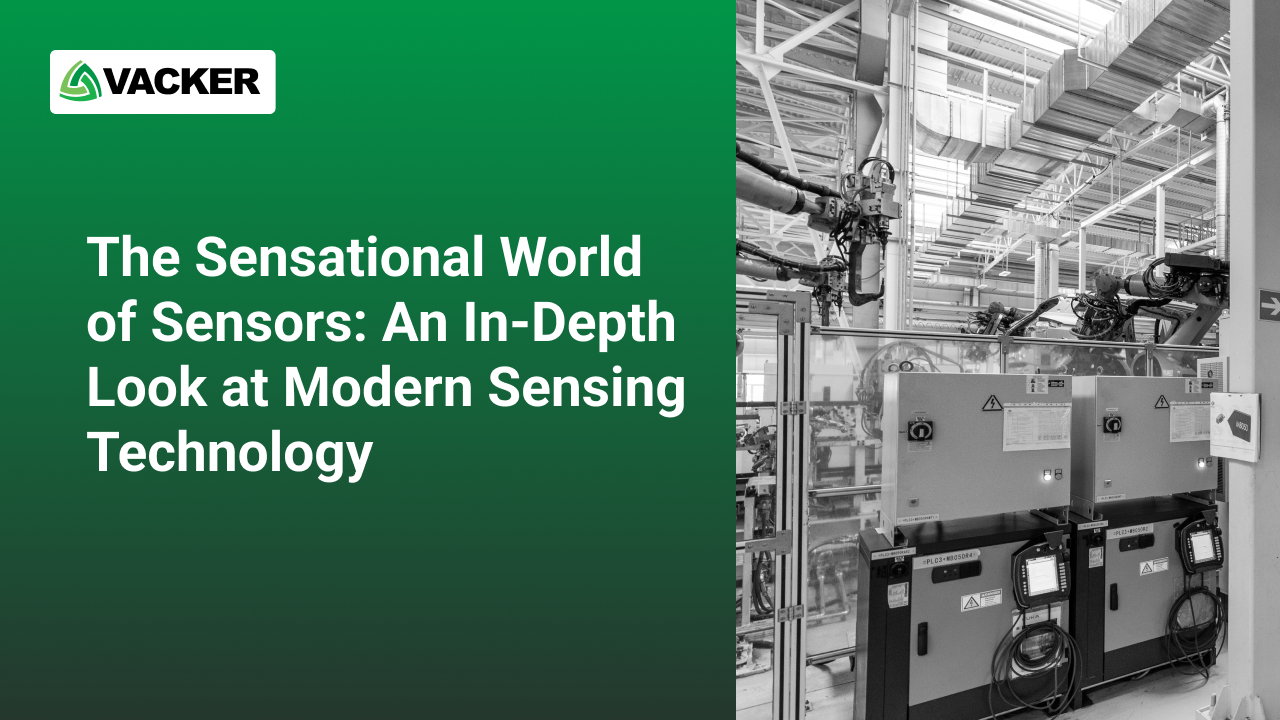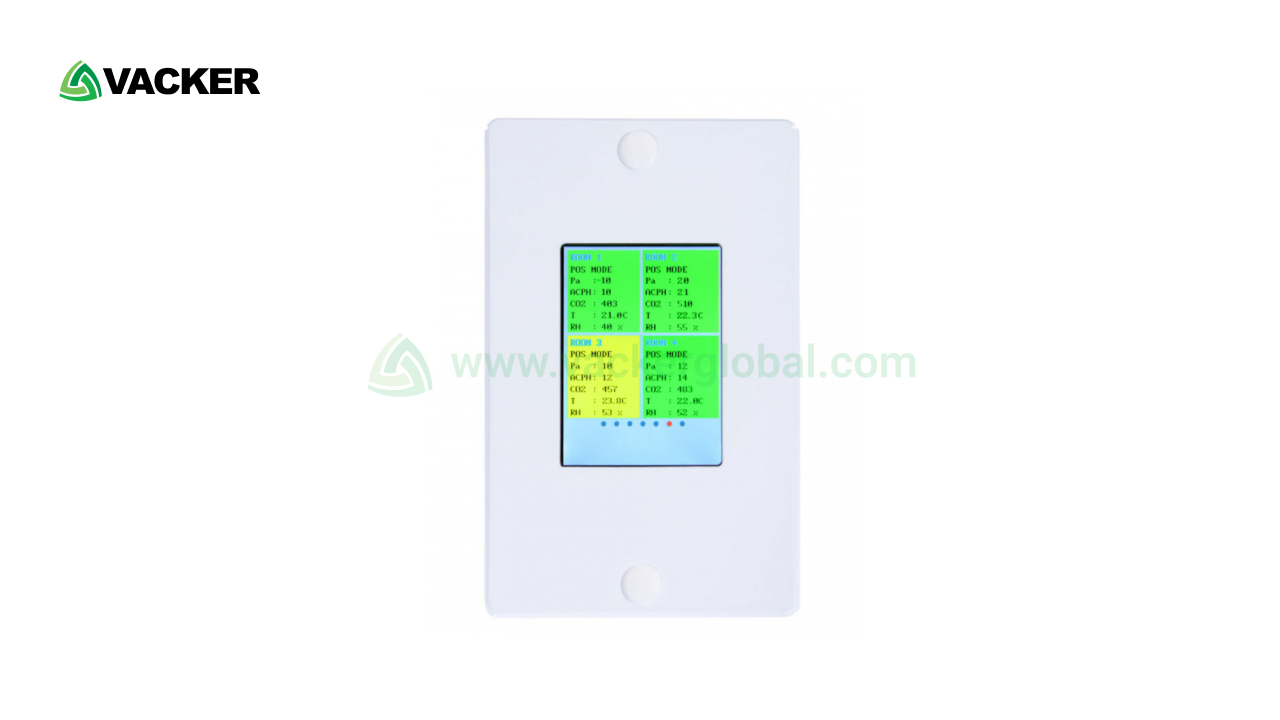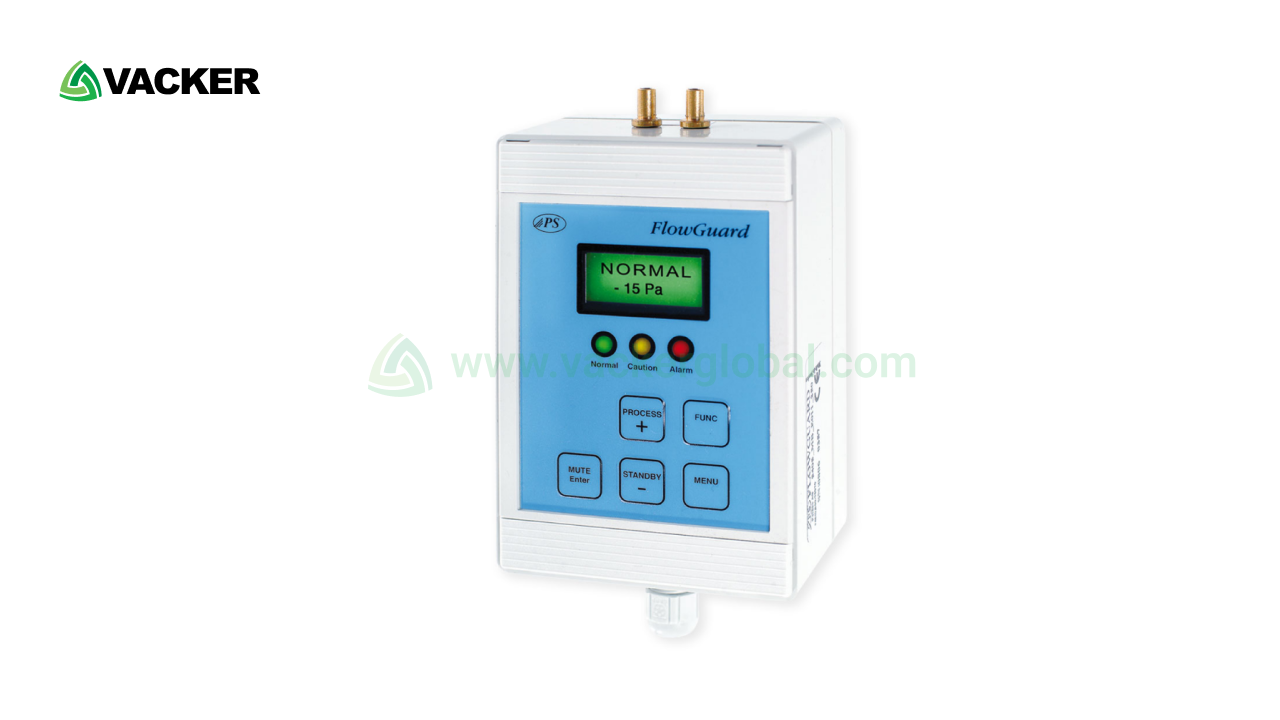The Sensational World of Sensors: An In-Depth Look at Modern Sensing Technology

In today’s fast-paced and increasingly automated world, sensors play a critical role in gathering information about our environment. From the smartphones in our pockets to the cars we drive, and in industries as varied as healthcare, manufacturing, and agriculture, sensors provide crucial data that enable devices to interact with the world around them. This blog post will explore the fascinating world of sensors, examining how they work, their various applications, and the future of sensing technology.
Understanding Sensors
A sensor is a device that detects events or changes in its environment and sends the information to other electronics, frequently a computer processor. At their core, sensors are all about measurement; they can measure light, temperature, motion, pressure, and myriad other physical properties.
How Do Sensors Work?
Sensors consist of two main components: a sensing element and a transducer. The sensing element reacts to the physical property being measured, whereas the transducer converts this reaction into an electrical signal that can be interpreted by a device or an observer. This operation allows for the translation of various forms of physical quantities into usable data.
Applications of Sensor Technology
Sensors are incredibly versatile, and their applications are limited only by our imagination. Here are just a few areas where sensors are making an impact:
Smartphones and Wearable Devices
From the accelerometers that count our steps to the ambient light sensors that adjust our screen brightness, our smart devices are packed with sensors that enhance functionality and user experience.
Automotive
Modern cars are equipped with a multitude of sensors to improve safety and performance, including tire pressure monitors, parking sensors, and advanced driver-assistance systems (ADAS) that utilize cameras and radar.
Healthcare
Sensors in healthcare range from wearable heart rate monitors to sophisticated imaging sensors used in diagnostic equipment like MRIs and CT scanners.
Industry and Manufacturing
In these sectors, sensors are used for process control, ensuring machinery operates within prescribed parameters, tracking products through manufacturing lines, and maintaining safety standards.
Environmental Monitoring
Sensors play a critical role in weather stations, pollution monitoring, and even in the depths of the ocean, tracking changes in our environment that could have wide-reaching implications.
The Future of Sensors
The future of sensor technology points to even greater integration into our daily lives. Internet of Things (IoT) devices will use sensors to collect data that can lead to more efficient resource management in our cities and homes. Innovations in nano-sensor technology could revolutionize medical diagnostics by finding diseases at their earliest stages.
Biometric sensors will further personalize technology, using physiological data for identification and health monitoring. Meanwhile, sensors will be essential for autonomous vehicles, enabling them to navigate and interact safely with their environments.
Conclusion
Sensors may often be invisible to us, but their presence in technology is anything but inconspicuous. As silent witnesses to our actions, they capture the pulse of our activities and the rhythm of the natural world. They are indispensable tools in our quest to understand, navigate, and optimize everything around us. Looking ahead, we can only expect sensors to become more sophisticated, more sensitive, and more integrated into our everyday lives, connecting us to the physical world in ways we have yet to imagine.
As we continue to innovate and rely on sensors, we must also consider the responsibilities that come with such data collection, particularly in terms of privacy and security. Nonetheless, the world of sensors holds exciting promises for improved efficiency, safety, and insight across all facets of life.
Keep your senses tuned for the next wave of sensory innovation—it’s set to be a real game-changer.
What are your thoughts on the role of sensors in modern technology?
Contact to us for such content and much more information.



Leave a Reply